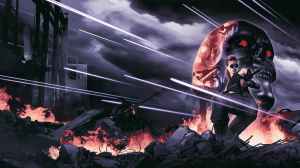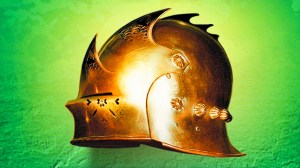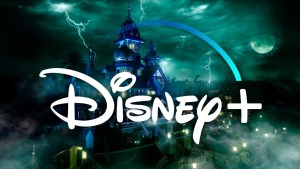Playing the box office game is just as important as making a good movie these days. Studios will position their projects perfectly well in advance and hope no one calls their bluff. Just look at Warner Bros., which currently has Dune: Part Three slated to release on December 18, 2026, the same day Avengers: Doomsday is going to hit theaters. Two blockbusters of that caliber can’t be released on the same weekend, as they will eat each other alive by forcing moviegoers to choose which one to watch first. Long gone are the days when people headed to their local theaters more than once a week, as it now costs far more than a few dollars to get in the door.
Videos by ComicBook.com
Back in the 1970s, the situation was very different. Going to the movies wasn’t seen as a luxury but a pastime that most people could participate in without fear of breaking the bank. Studios also didn’t have to worry about competing with streaming platforms or endless cable channels, which gave them more flexibility in release schedules. In fact, one action movie thought enough of itself to go up against the first Star Wars movie, and the move paid off – at least for a moment.
Star Wars Didn’t Change the World in Its First Weekend
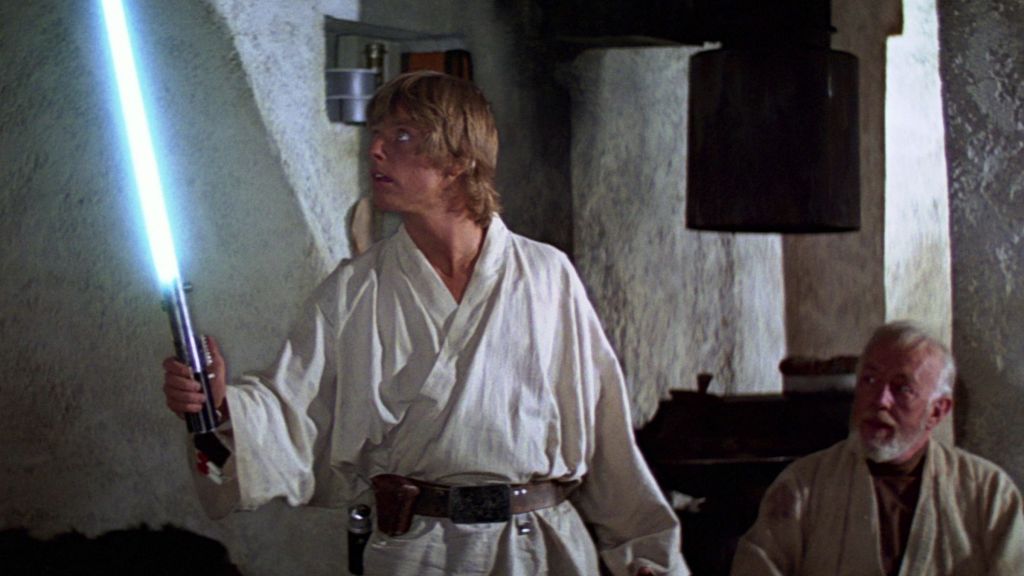
George Lucas was always obsessed with science fiction. After breaking through in Hollywood, he hoped to bring Flash Gordon to the big screen. However, that didn’t pan out, so he had to go back to the drawing board and come up with his own idea. The result was an epic space opera about the battle between good and evil. Star Wars didn’t have many suitors at first, but 20th Century Fox took a chance on it because one of the higher-ups enjoyed Lucas’ breakout film American Graffiti. With financial backing secured, Lucas got to work, and while he came in a bit over budget, Fox still had faith in the product, setting it to release at the start of the summer season in 1977. The only real thing standing between the movie and a number one finish at the box office was another action movie with a big name attached.
Like Lucas, director Hal Needham had a tough time shopping his script for Smokey and the Bandit, about two bootleggers trying to get beer across the country while avoiding law enforcement. Burt Reynolds coming on board changed the game, though, and Universal handed Needham a respectable budget to make his dream a reality. By 1977, it was ready for the world to see. Smokey and the Bandit opened in over 300 theaters the same day as Star Wars, which opened in around 30. That weekend belonged to Reynolds and Co., but, of course, they didn’t know what they were getting themselves into. However, this isn’t a pity party for them, as they created a respectable legacy for themselves.
Smokey and the Bandit Is One of Hollywood’s Greatest Success Stories
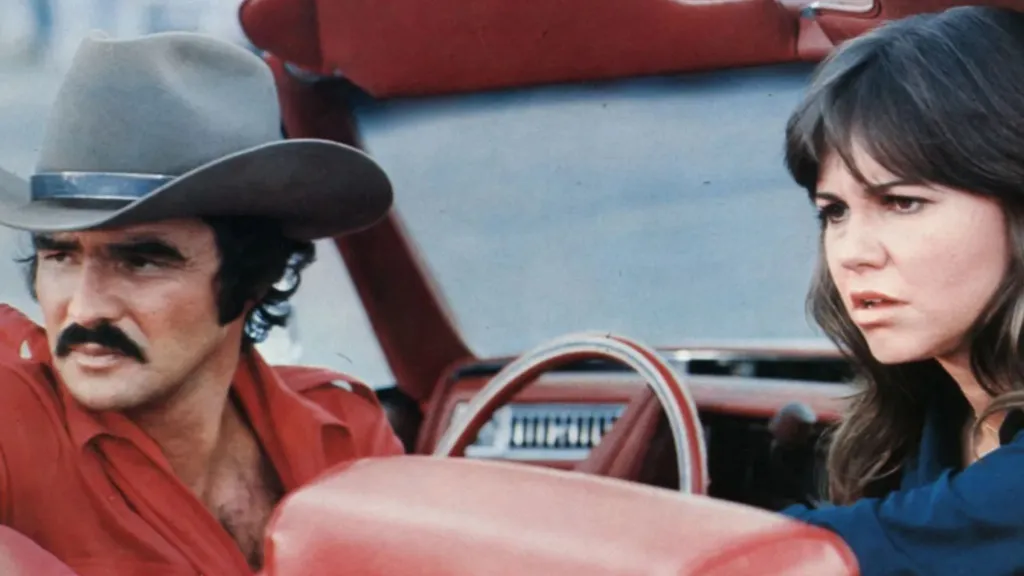
After Smokey and the Bandit finished its theatrical run, Universal had well over $100 million burning a hole in its pocket. A sequel was fast-tracked that saw the whole band get back together, and it just so happened to release the same year as another highly anticipated follow-up, Star Wars: The Empire Strikes Back. Fox kept its powerhouse in May, where it dominated right out of the gate, a move that Universal clearly saw coming. Smokey and the Bandit II dropped in August and left theaters with its head held high, bringing in $66 million on a $17 million budget. The return was enough to greenlight another sequel, albeit without Needham and only minor involvement from Reynolds.
Smokey and the Bandit Part 3 hit theaters in August 1983, only a few months after Lucas completed his trilogy with Star Wars: Return of the Jedi. Unfortunately, the comparisons between the two franchises stopped there because Universal’s film, despite having a smaller budget than its predecessor, couldn’t break even. But box-office failure and bad word of mouth couldn’t kill Bandit for good. The property returned in 1994 as a TV series about a young version of Reynolds’ character, played by Brian Bloom. While Star Wars has yet to hit reboot status, it’s certainly followed in its former competitor’s footsteps by embracing the benefits of the small screen.
What do you think? Leave a comment below and join the conversation now in the ComicBook Forum!




